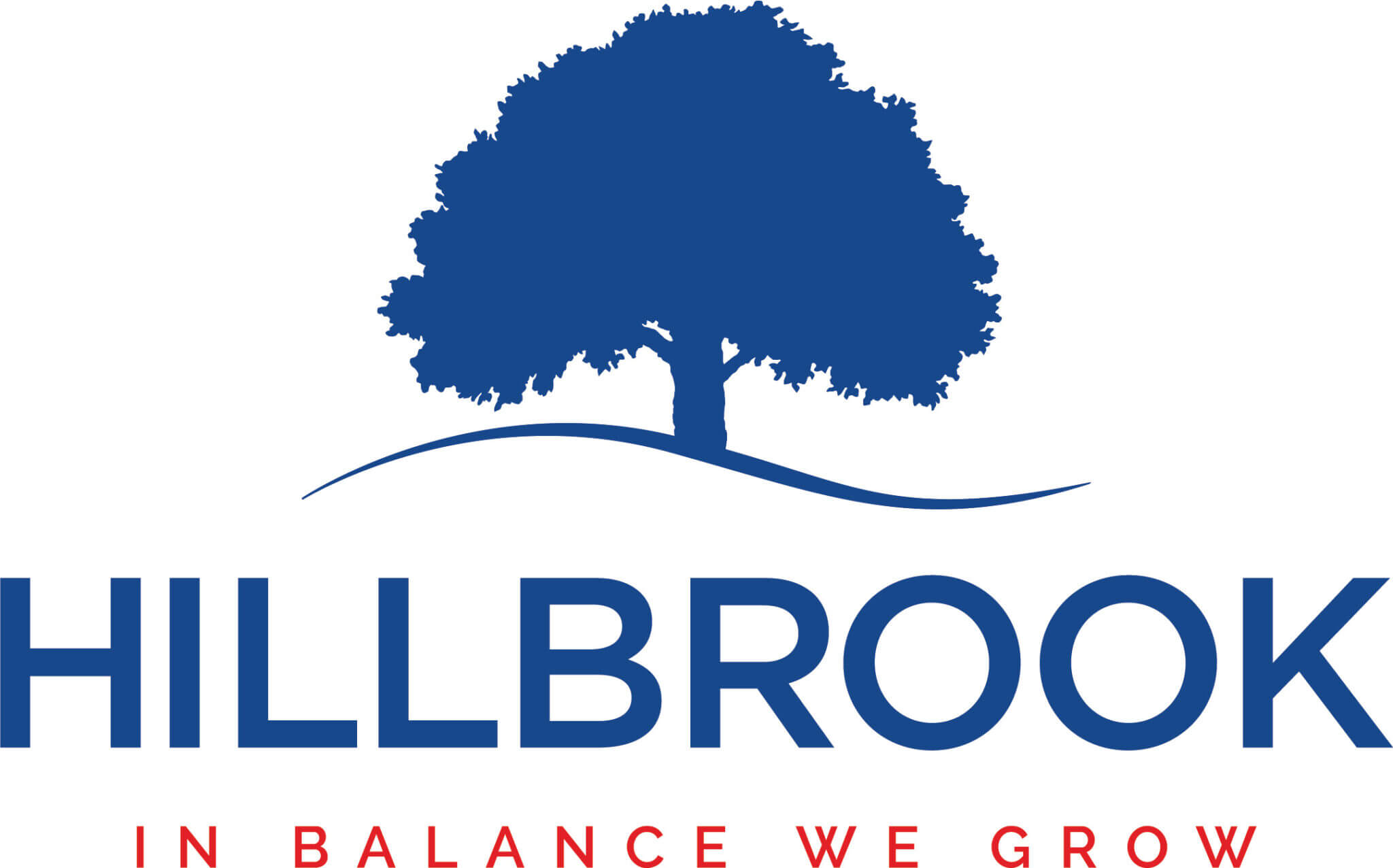Positive Relationships and Consent Education

We believe consent is an extremely important topic of conversation for schools, as well as at home.
Hillbrook will continue to strengthen our response, in addition to what is presented in the curriculum, by reinforcing our culture of rights, responsibility, trust, respect, kindness, bravery and personal agency.
We have outlined some of our approaches below and have also provided some recommended resources that may help in your conversations at home.
What approach do we use at Hillbrook?
Our approach to consent is multilayered and developmental.
Firstly, the Australian Curriculum specifically requires the topic to be included in Health. It prescribes that consent is to be taught in conjunction with healthy relationships. Further, with something as important as consent, we believe it is best approached by teachers who already have established a relationship with the students rather than external presenters. Having their own teachers leading the lessons more readily facilitates students’ discussion in a safe and supportive way.
Within the Year 9 Health curriculum, a 10-week unit on sexuality and healthy relations, the topic of consent is introduced. A unit, also of 10 weeks duration, is included in Year 10. The topic is again revisited in Year 11 Personal and Spiritual Development.
At the beginning of each year, our Year Coordinators (across all Year levels) speak with Home Classes, reinforcing Hillbrook’s Declaration of Rights and Responsibilities, as well as our Bullying and Harassment policy. Consent is discussed as part of this conversation in a number of ways, including:
- Reminding students of their rights, responsibilities and the critical aspect of seeking consent or permission for behaviours such as taking photographs, sharing images and uploading images to social media. This topic is currently being discussed.
- Extending the discussion of consent further, beyond photos and sharing on social media, to include the need for consent for all aspects of relationships.
- Reinforcing the support people our students can approach should they need help in this area. And, while there are Student Protection Officers, students can always approach any member of staff with whom they feel safe to share worries or concerns.
What resources do we recommend for parents?
Video
Consent – it’s simple
A short 2-minute video explaining consent using a cup of tea. Our students are familiar with this effective video.
Article
#MeToo: Understanding and Teaching What Consent Means
This is a great article with facts and tips on how to talk to your teenager about this topic by Katie Hurley of Psycom.
Activity
Teen Talk the Consent game
This is a little interactive activity designed to help teenagers decipher the possible meanings of whether someone is or is not giving consent.
Book
Boys and Sex
This book sheds light on the views of teenage boys on masculinity and intimacy. You can borrow from our library or purchase from a good bookstore or online.
Article
When Should a Kid Learn About Consent?
This article by Sarah Liss for Today’s Parent explains approaches for parents to take through the developmental stages. The section on Tweens is very good.
Video and Article
SchoolTV Special Report
This week SchoolTV launched a special feature on the topic of consent.
